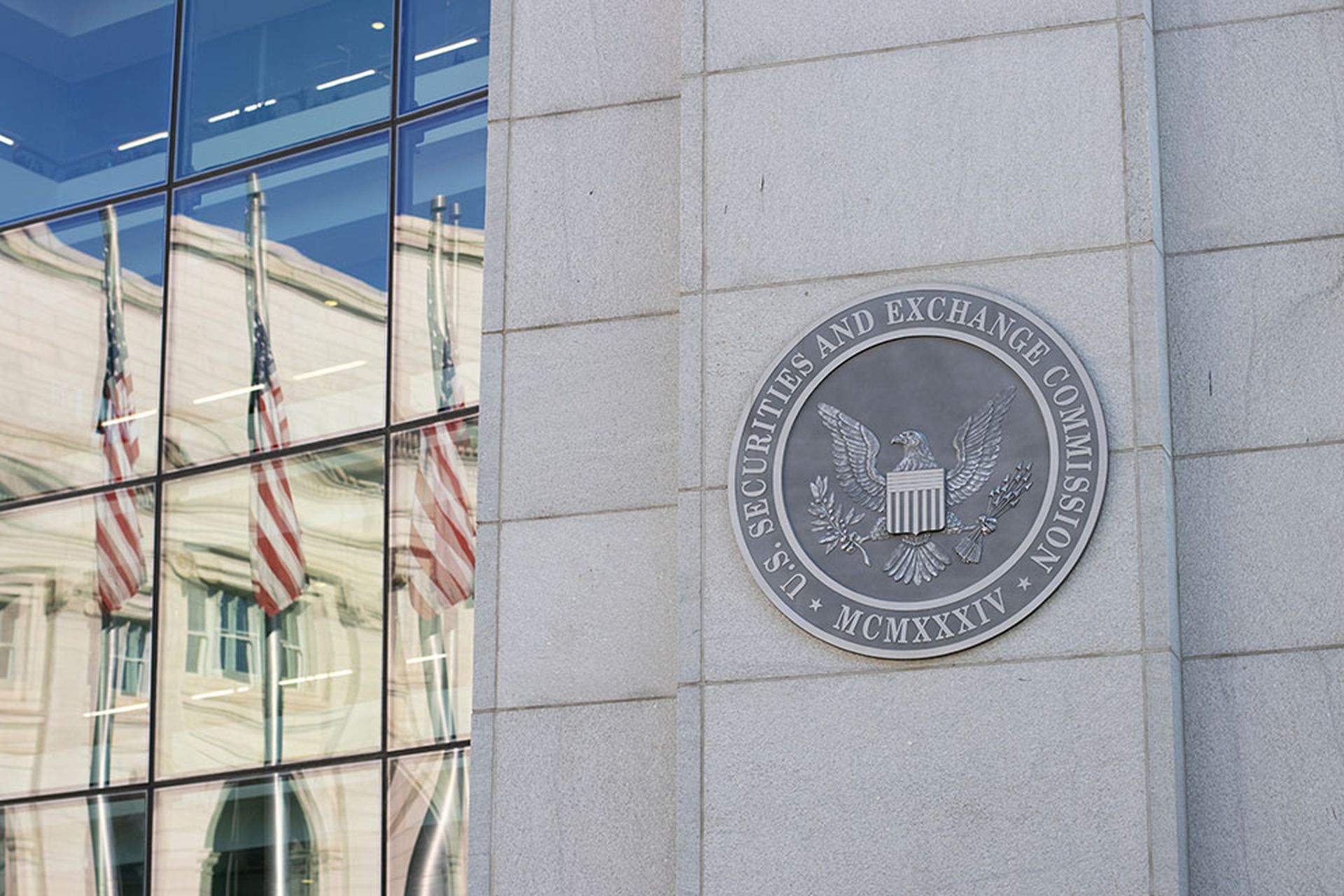In an agency first, the Federal Trade Commission (FTC) has settled with a social networking provider over charges that the popular website failed to properly safeguard the data and privacy of its users.
The settlement with Twitter resolves a complaint that the microblogging service committed a number of snafus that led to users' accounts being compromised to deliver bogus tweets to followers. In one case, attackers were able to exert administrative control over the site, which enabled them to deliver bogus tweets pretending to originate from the accounts of a number of well-known members, including President Obama.
In its complaint, the FTC contended that between January and May 2009, hackers "were able to view nonpublic user information, gain access to direct messages and protected tweets, and reset any user's password and send authorized tweets from any user account," according to a news release issued Thursday.
The complaint referenced one highly publicized incident in particular.
The hacker performed a "dictionary attack" – an automated technique in which a program attempts to guess the password by trying a long list of possible answers – on a Twitter employee's account. Once the hacker was in, he gained access to the credentials of Twitter users because the victim had administrative privileges. The hacker later gave away some of the usernames and passwords on request through an underground forum. This allowed individuals to send fake tweets from nine accounts, including those belonging to Britney Spears, Fox News and Obama.
The FTC argued that Twitter was susceptible to this and other attacks because it failed to require employees to create difficult-to-guess administrative passwords and offered some employees privileges that were too elevated.
As part of the settlement, Twitter "will be barred for 20 years from misleading consumers about the extent to which it maintains and protects the security, privacy and confidentiality of nonpublic consumer information, including the measures it takes to prevent authorized access to information and honor the privacy choices made by consumers."
In addition, Twitter must create and maintain a comprehensive information security program and succumb to a third-party audit biennially for 10 years.
"When a company promises consumers that their personal information is secure, it must live up to that promise," said David Vladeck, director of the FTC's Bureau of Consumer Protection. "Likewise, a company that allows consumers to designate their information as private must use reasonable security to uphold such designations."
The FTC now has brought 30 cases against companies accused of poor security practices. Many involve organizations that were breached of some personal information, such as credit card names.
The action against Twitter, however, suggests that the consumer protection agency has decided to wield a bigger stick on issues related to privacy.
"They're going after the big guys and making it clear that you're collecting a lot of information, these accounts are sensitive and you need to treat them as sensitive," Avivah Litan, vice president and distinguished analyst at Gartner, told SCMagazineUS.com on Thursday. "The FTC basically put them on notice that the government is watching. They are going to be regulating on behalf of the consumer."
Litan said the settlement underscores the need for social networking sites to develop additional methods of authentication, beyond username and password – a move already made by many banks.
A Twitter spokesperson did not respond to a request for comment on Thursday.



